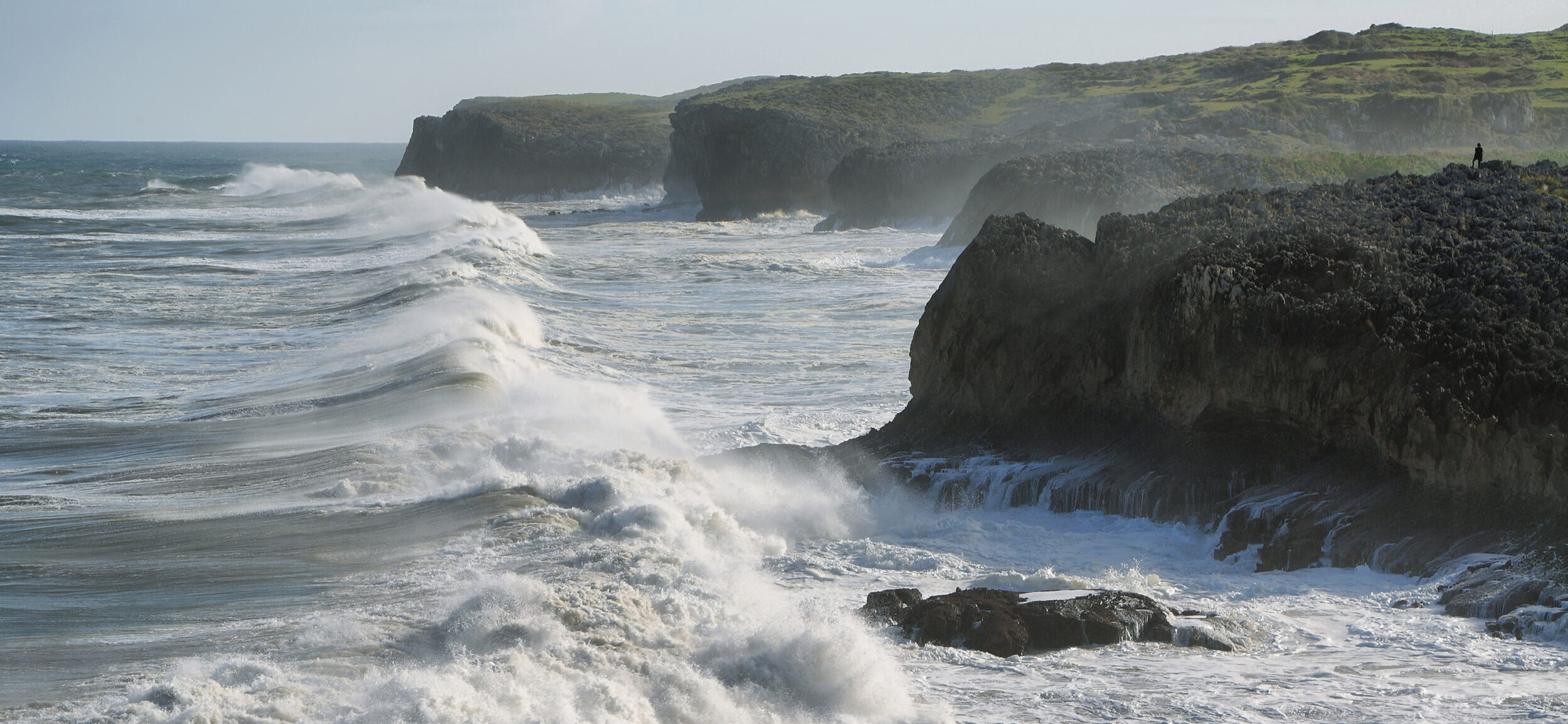
Climate change risk in coastal areas and estuarine-based adaptation strategies
- Dates: Second edition, May-June 2024
- Study hours: 20-30 h
- Fee: Free
- Language: English (subtitles in English, Spanish, German and Portuguese).
- Modality: Online 24/7
- Status: Coming soon
- Requirements: Internet
- Evaluation system Continuous evaluation
- Type of certificate: Completion (free of charge)
- Related courses: ADAPTA BLUES MOOC 1, ADAPTA BLUES MOOC 3, ADAPTA BLUES Itinerary.
0.00€
The second MOOC introduces students to the basic concepts related to risk and climate change in the coastal environment, as well as to the different risk assessment systems for the effects of climate change. It brings the student closer to the concept of Nature-based Solutions through its definition and the presentation of real cases of application of this type of adaptation measures. In short, working with nature to reduce the risk associated with climate change.
This course is intended for professionals, graduates and postgraduates interested in deepening their knowledge of the role of estuarine ecosystems as an adaptation measure in the context of climate change. As well as students from Biology, Environmental Sciences, Civil Engineering, Environmental Engineering, Economics, Marine Sciences, Geography, Meteorology, Physics, Renewable Energies, etc.
This course is part of the training itinerary “Adaptation to Climate Change through the management and restoration of European estuarine ecosystems”.Therefore, if only the global accreditation of knowledge of this itinerary is desired, the enrollment must be made directly in the latter, and therefore in the three online courses plus the fourth hybrid course together, so that you opt for the Specialization Diploma.>
0.00€

